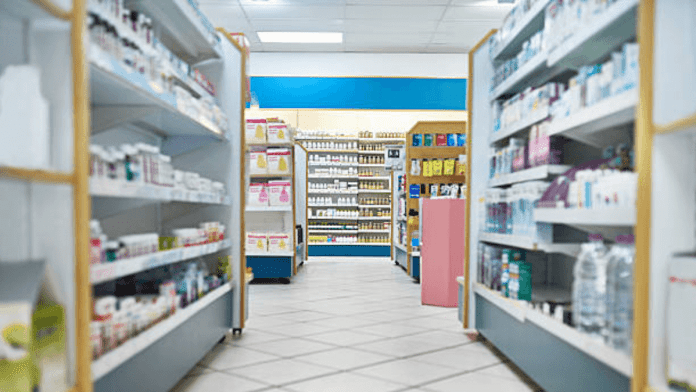News in Brief:
– Brazil’s April inflation surged to 0.38%, driven by rising food and medicine prices.
– Local farmers face challenges amid escalating food costs, while healthcare accessibility is impacted by surging medicine prices.
Brazil’s consumer price index surged to 0.38% in April, a notable increase compared to the previous month’s 0.16% but lower than the same period last year at 0.61%. This uptick contributes to a year-to-date rise of 1.8%, while over the past 12 months, the index escalated by 3.69%, remaining within the monetary council’s targeted range of 1.5% to 4.5%.
The surge in inflation was primarily fueled by the escalating costs of food and health-related goods, significantly affecting local farmers. Food and beverage prices experienced a steep incline of 0.7%, placing a burden on consumers and highlighting potential challenges for agricultural producers.
Under the health and personal care category, pharmaceutical products witnessed a substantial price hike of 2.84%, propelled by a recent authorisation allowing a 4.5% increase in medicine prices. This surge not only impacts consumers but also presents challenges for healthcare accessibility and affordability, particularly for vulnerable populations.
The ripple effects of inflation extended across multiple sectors, with notable increases observed in clothing (0.55%), communication (0.48%), transportation (0.14%), personal expenses (0.10%), and education (0.05%). These fluctuations underscore the broader economic implications and challenges faced by both consumers and businesses alike.
The surge in food prices presents significant concerns for local farmers, who may grapple with balancing production costs and maintaining affordability for consumers. This inflationary pressure highlights the importance of sustainable agricultural practices and efficient supply chain management to mitigate the impact on farmers and ensure food security for the population.



